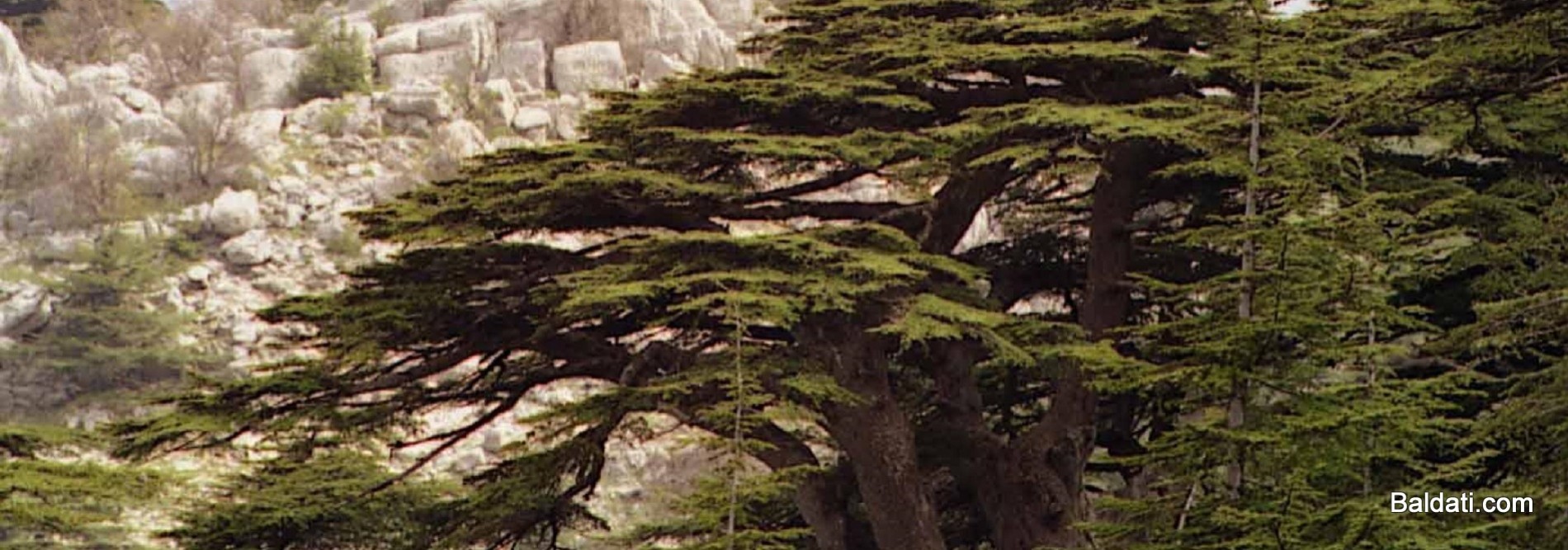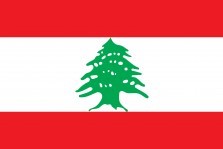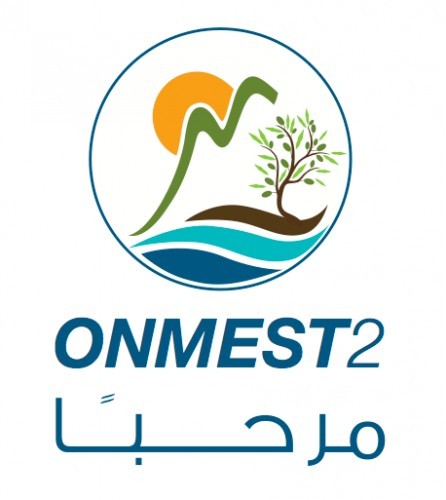
Thousands march in Beirut to promote secularism in politics
BEIRUT: Thousands marched on Lebanon’s Parliament Sunday in a bid to promote secularism in Lebanon’s sectarian political system.
By Patrick Galey
Daily Star staff
Monday, April 26, 2010
Demonstrators closed the main road from Beirut’s seafront as Lebanese of all ages and confessions waved flags, wielded banners and chanted pro-secular messages.
Lebanese expatriates also gathered on Sunday in front of their countries’ embassies in Paris, Montreal, Sydney and Sao Paulo in the first internationally coordinated project of its kind.
The march was organized over the Internet by five Lebanese who together formed the grassroots group Laique Pride. They had hoped for 2,000 participants in the march, a figure easily surpassed as hundreds turned out in the sun.
Slogans such as “Civil marriage, not civil war” and “What about freedom of opinion?” could be read from huge placards in between Lebanese flags. Dozens of protesters wore white T-shirts with “What’s my religion?” on the front and “None of your business” on the back.
Omar Habib, 29, carried a fluorescent banner with skull and crossbones. “Sectarianism: danger,” it read.
“This is the biggest problem we have, not just in Lebanon but in all of the Middle East. It’s high time we did something,” he said. “I will be here every day if I need to. Politically there are messages about non-sectarianism, but most importantly [politicians] need to realize that the people are against sectarianism.”
Lebanon’s political system is divided along sectarian lines, with Parliament positions allocated on the basis of a candidate’s religion.
Miriam Rabbat, 28, was protesting the obligation to profess your religion when applying for work or university.
“That should be abolished. Your religion has nothing to do with your performance,” she said. “It’s going to be a very long and slow process to take this out of our systems.”
Melanie Cremona, 16, agreed.
“All the time you are asked which religion you belong to, but we want to be considered as only Lebanese,” she said. “Secularism is about every religion. It unites everyone but we need to forget whatever religion we are.”
While the majority of protesters were young, many older individuals responded to the organizers’ call on Facebook.
“I have always defended freedom of thought and I think diversity can only stay in this country by respecting secularism,” said Jocelyne Saab, a 60-year-old filmmaker. “[The march] became easier because we now have the means; on [micro blogging site] Twitter and Facebook, messages can go out and no one can stop them.
Habib said that while the Laique movement encouraged participation from all ages, youth was an important weapon in secularism’s armory.
“I’ve been asking my family and parents to come. I wouldn’t say it’s a generational thing, my parents adhere to this,” he said. “Their excuse is that they’d done their marching when they were younger. Now it’s our turn and we owe it to our parents to do something.”
Many older Lebanese were embittered by years of conflict borne out of sectarian differences, according to Saab.
“I would have liked to see more people from my generation here today, but they are fed up and trust in nothing,” she said.
“Enough people have died. I lost many friends, I lost my home and I still defend the idea of freedom of thought. If there’s a youth movement for secularism there is hope in this country. If not we’ll have another war.”
Lebanon has 18 officially recognized sects. Political sectarianism is guaranteed by the National Pact, an agreement which ensures the president is always a Christian, the prime minister Sunni Muslim and the Parliament speaker Shiite.
The 1989 Taif Agreement – signed at the nadir of Lebanon’s devastating 1975-90 Civil War – stipulates that political sectarianism be eventually abolished, although Speaker Nabih Berri’s tentative efforts to do so earlier this year received lukewarm response.
Elie Kayrouz, 26, said the government needed to wake up to popular demand in ending civic sectarianism.
“It’s an obvious demand and people looking at us from outside the country see that,” he said. “We are here to let everyone know that there is a gap in what the youth in this country really wants and where the government is heading.
“If people see thousands marching and this is recurring, maybe they will understand that this matter should be high on the list of priorities,” Kayrouz added.
Whether or not Sunday’s event will have an impact on politicians remains to be seen. Mona Bouazza, 29, stressed that the demonstration was just the beginning of the Laique movement.
“It’s the first step to raising awareness about how religion shouldn’t play any part in politics. We want, as Lebanese, to be united,” she said. “If we are from different religions it doesn’t mean we are any more Lebanese than anyone else.”
Reference The Daily Star






